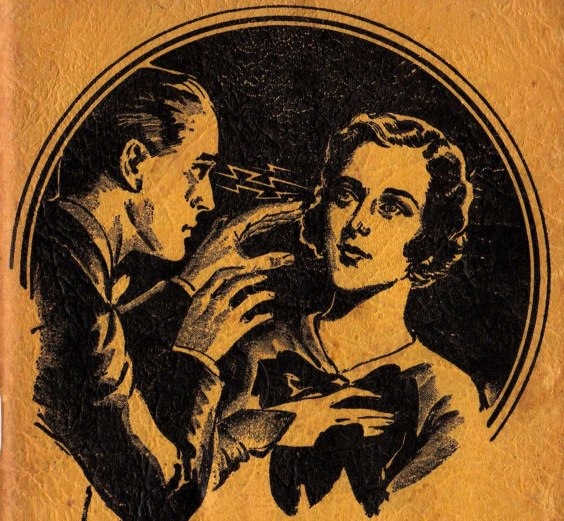 Here are five myths of popular psychology that are not scientifically proven.
Here are five myths of popular psychology that are not scientifically proven.
1. We use only 10% of our brain
We wish it were so! MR studies of the brain and neurosurgery have not found any “sleeping areas”. Assertion probably dates back a century – psychologist William James said he doubted whether the average person uses one-tenth of their intellectual potential.

2. “Lie detector” does not lie
The polygraph measures a set of physiological parameters – blood pressure, skin conductance, heart rate, breathing, and more. Manufacturers’ claims that an accuracy of 90-95% are not proven. Research from 1997 shows that the machine “knows” only 61% of cases. “Accuracy” of the polygraph is due mostly to the interrogation techniques that defies standardization. Very often interrogating man tells the truth, and according to the detector – he is lying. The machine does not really shows untruths but if we tense.

3. Opposites attract
That is what the romance novels, movies, and counselors from dating sites state. Scientific studies show the opposite. The similarity of character is among the most important prerequisites for a happy relationship – and this applies not only to long-term relationships, says psychologist Scott Lilianfeld. People with opposite personalities rarely experience attraction to each other. For Marital happiness is important not to distinguish one seemingly insignificant feature – orderliness. If you are not particularly organized, do not associate with a man who is obsessed order.

4. Hypnotized doing what you want
Many films use a similar concept in the construction of their stories: under hypnosis a person can commit murder, is forced to commit suicide or at least to believe wholeheartedly in everything they say. Nothing like that. Numerous experiments have shown that hypnotized will not do anything that is contrary to the conscious values, desires and prohibitions.
5. It is Harmful to suppress anger
Psychological research in the past 40 years, refute this claim. Outpouring of anger on inanimate objects, it ignites more. Power sports also do not help the aggression ti pass. On the contrary – they increase it. Where then does the notion that we should leave the destructive emotion swirl come from? Undoubtedly calms after pouring his anger. But this has nothing to do with screaming and slam down on things: anger is not an emotion that lasts longer.






























